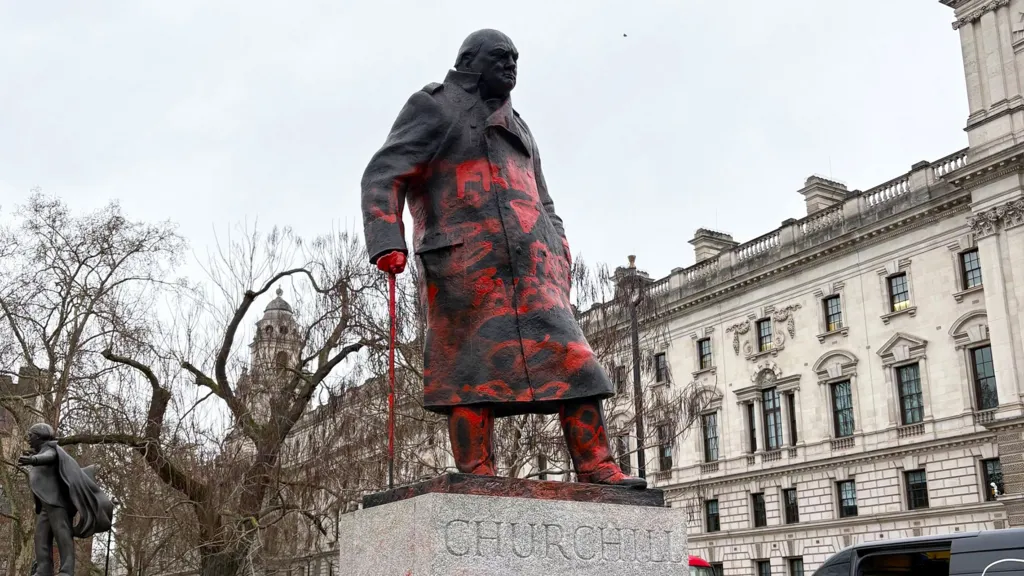
A sharp rise in energy prices has pushed UK inflation to its highest rate in six months, according to the latest figures from the Office for National Statistics (ONS). The annual inflation rate reached 2.3% in October, up from 1.7% in September, exceeding analysts’ expectations.
Energy costs were a significant contributor, with typical household gas and electricity bills increasing by around £149 last month. While these prices remain below levels seen during last year’s energy crisis, households are still feeling the strain, particularly as winter temperatures drop and snowfall blankets parts of the UK.
The energy price cap, which limits what suppliers can charge for each unit of gas and electricity, currently stands at £1,717 for typical usage. This cap, regulated by Ofgem, affects 27 million households across Britain. However, rising costs come as the government scales back support schemes introduced in recent years, including plans to means-test winter fuel payments, removing them for 10 million pensioners in England and Wales.
Related Articles
UK Stocks Rise Amid Inflation Rate Cut Expectations
Despite these increases, the inflation rate remains only slightly above the Bank of England’s 2% target. Interest rates, which were cut for the second time this year to 4.75%, are expected to remain steady, with no further reductions anticipated until 2025.
Grant Fitzner, chief economist at the ONS, explained that while energy costs drove much of the increase, this was partially offset by falling ticket prices for live music and theatre. “The cost of raw materials for businesses also continued to fall, largely driven by lower crude oil prices,” he said. According to the ONS official inflation report, the rise in UK inflation was primarily driven by increasing energy costs and seasonal pressures.
However, the ripple effects of inflation are evident across industries. James Stott, general manager of Garten Bar in Manchester’s Corn Exchange, highlighted the challenges faced by the hospitality sector, saying: “Inflation is yet another challenge in an industry that seems to constantly battle challenges. While we strive not to pass these costs onto customers, eventually it may become unavoidable.”
In the services sector, inflation climbed to 5%, affecting everyday costs like haircuts and cinema tickets. Meanwhile, alcohol and tobacco prices rose sharply, although food price inflation remained unchanged from September.
Economists note that while a 2.3% inflation rate might appear manageable, the cumulative impact of price increases over recent years continues to weigh heavily on households. Russ Mould, investment director at AJ Bell, pointed out that goods used to calculate the inflation rate have increased by 24% since October 2020.
“If policymakers and politicians want to know why consumer confidence remains low, the answer lies in the cumulative effect of these price increases,” Mould said.
Bank of England Governor Andrew Bailey cautioned earlier this month that while interest rates are expected to continue falling gradually, they cannot be reduced “too quickly or by too much” given the uncertain outlook.
As inflation remains a key concern, both government and opposition figures are responding. Treasury Chief Secretary Darren Jones acknowledged that families are still struggling with the cost of living, while Shadow Chancellor Mel Stride emphasised the importance of keeping inflation under control.
With the winter months ahead, energy costs and inflation are expected to remain at the forefront of public and political discourse, leaving millions of households across the UK grappling with ongoing financial pressures.
For more updates on UK inflation and financial insights, visit EyeOnLondon.









